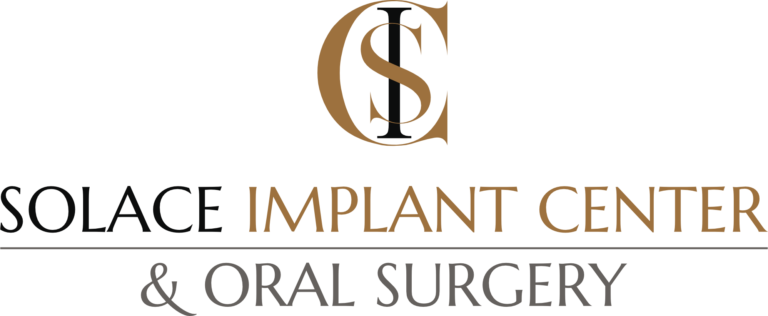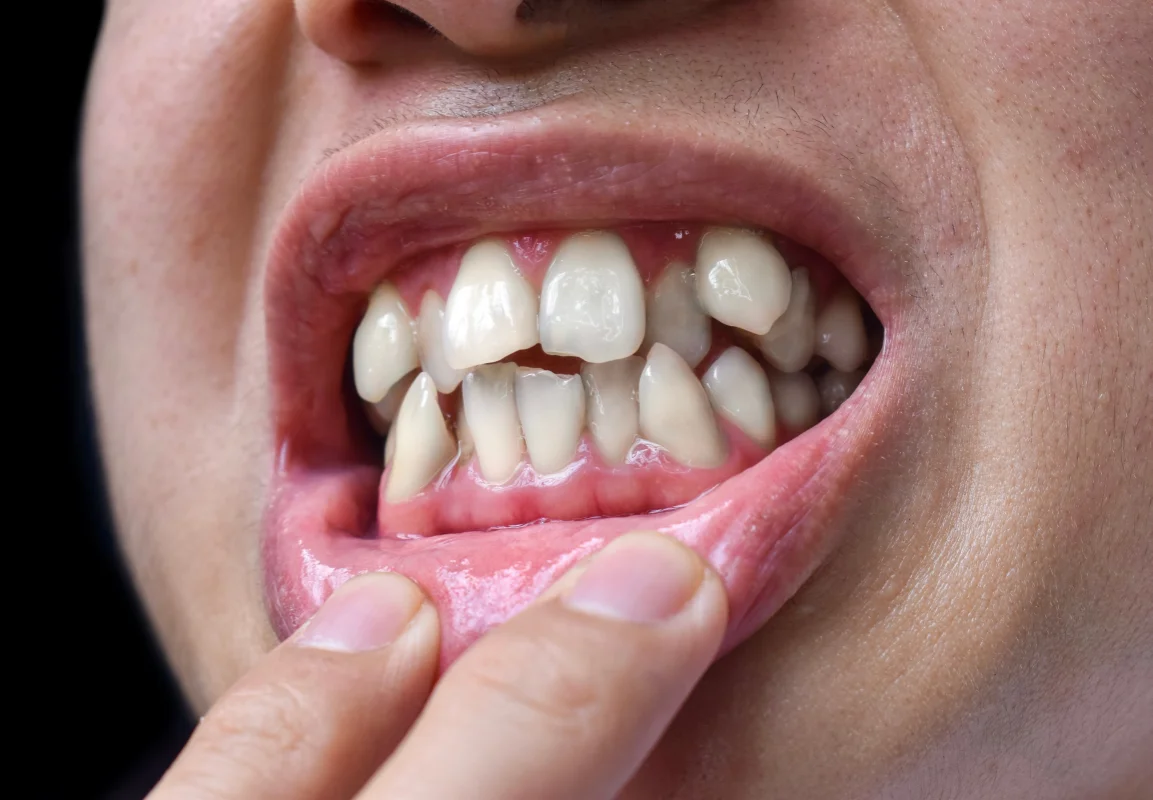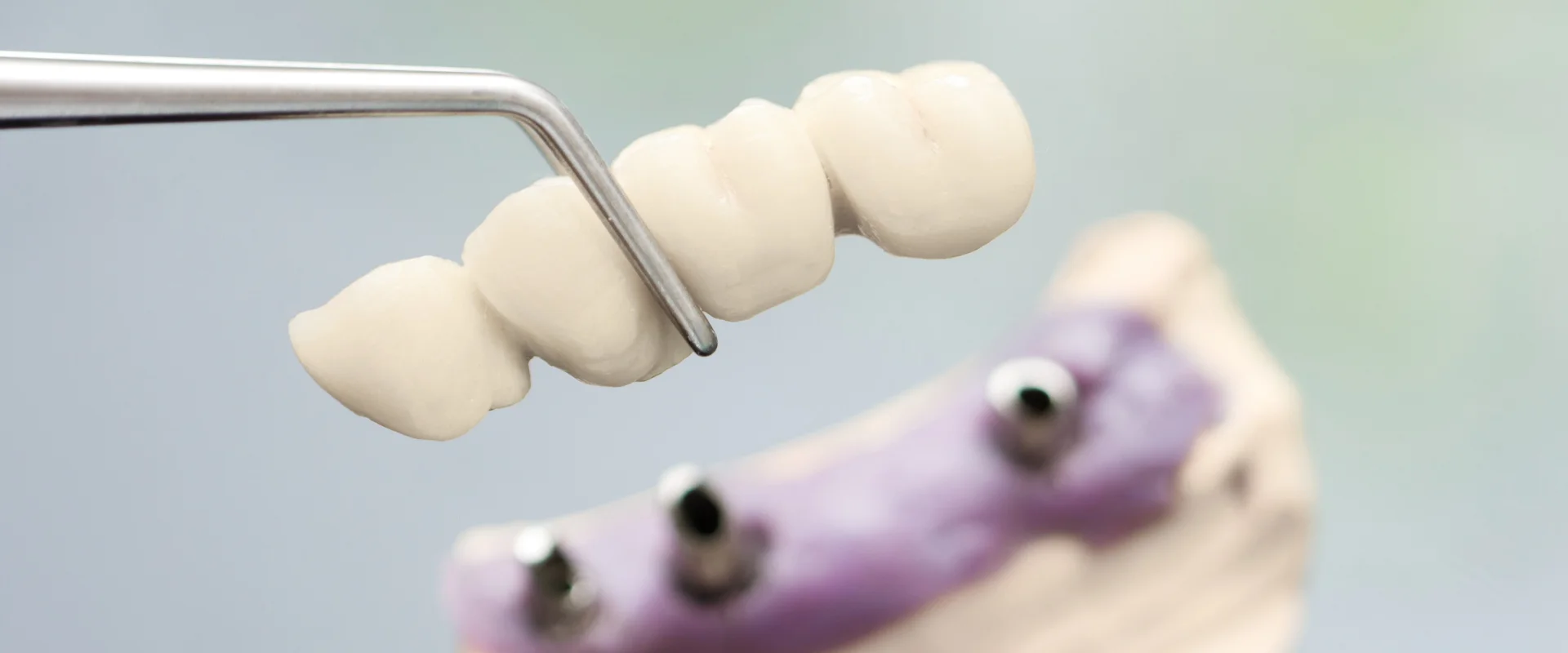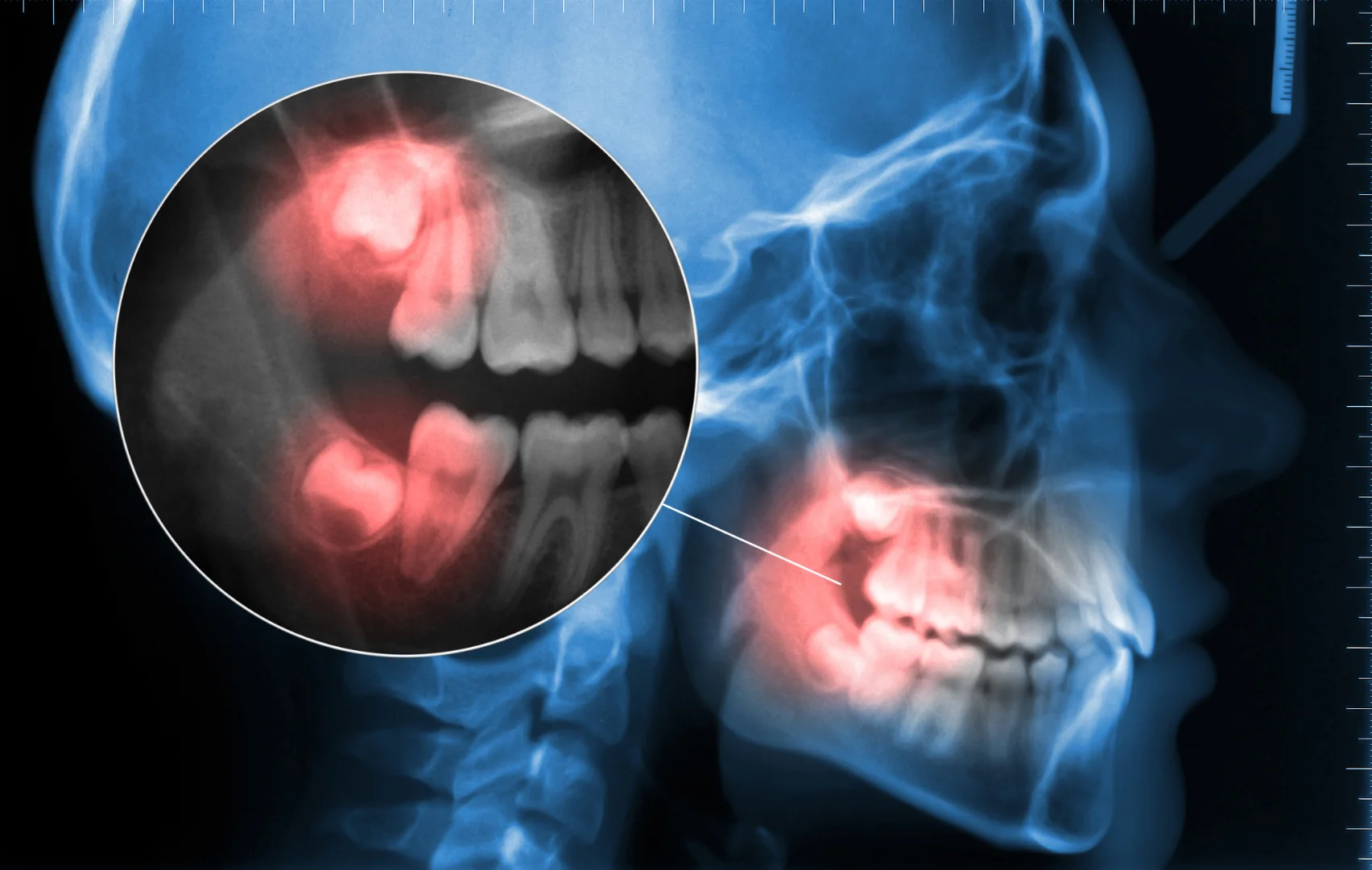Impacted canine teeth can cause significant oral health issues if not treated promptly. At Solace Implant Center and Oral Surgery in Nashville, our expert team provides effective solutions to address and treat impacted canines, helping patients maintain healthy, beautiful smiles. Seeking timely treatment for impacted canines is essential to prevent further complications and ensure optimal oral health.
Introduction to Impacted Canines
Impacted canines are a common dental issue where the canine teeth fail to erupt properly through the gum line, often causing discomfort, pain, and other oral health problems. According to oral surgeons, impacted canines can be caused by various factors, including genetic predisposition, insufficient space in the dental arch, and overcrowding. If left untreated, impacted canines can lead to more severe complications, such as gum infections, abscesses, and damage to adjacent teeth. Early detection and treatment by dental specialists are crucial to prevent these complications and ensure successful treatment.
Identifying Impacted Canines
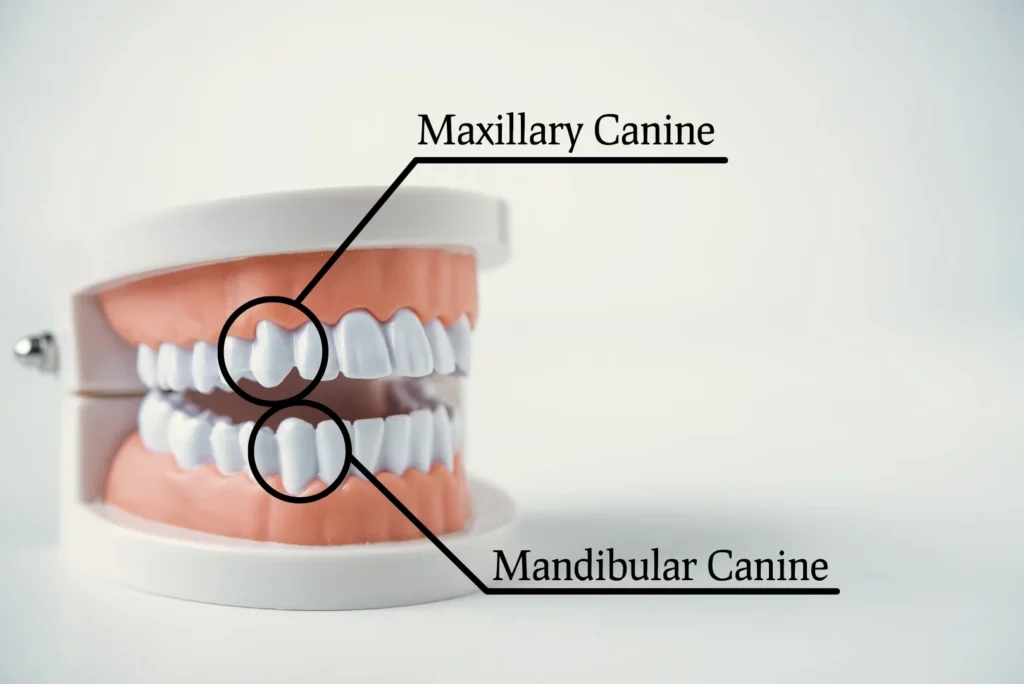
Canine teeth play a crucial role in dental alignment and function. However, when these teeth fail to emerge properly due to blockage or lack of space, they become impacted. Genetic factors, such as smaller jaw size or crowding of teeth, can contribute to the occurrence of impacted canines. Additionally, reviewing a patient’s medical history is important to identify potential risk factors for impacted canines. Common signs of impacted canines include:
- Missing or delayed eruption of permanent canine teeth
- Crowding or misalignment of adjacent teeth
- Swelling or discomfort in the gum area
- Difficulty biting or chewing
The positioning of impacted canines can also affect other teeth, leading to misalignment.
Causes and Risk Factors
The causes of impacted canines can be attributed to various factors, including genetic predisposition, arch length discrepancy, and localized factors such as the presence of supernumerary teeth or odontomas. Other risk factors include a family history of impacted teeth, certain medical conditions, and previous dental trauma. Understanding these causes and risk factors is essential for early diagnosis and effective treatment. For instance, a patient with a family history of impacted teeth may require more frequent dental check-ups to monitor the development of their canine teeth.
Signs and Symptoms
The signs and symptoms of impacted canines can vary, but common indicators include delayed eruption, swelling, and pain in the gum tissue surrounding the affected tooth. In some cases, impacted canines may not cause any noticeable symptoms, making regular dental check-ups essential for early detection. Other signs may include a visible bulge in the gum line, shifting of neighboring teeth, or difficulty chewing and biting. If you experience any of these symptoms, it is essential to consult an oral surgeon for proper evaluation and treatment.
Risks if Left Untreated
Leaving impacted canines untreated may result in:
- Damage or misalignment of adjacent teeth
- Increased risk of infection or cyst formation
- Bite irregularities or jaw alignment issues
- Aesthetic concerns impacting confidence
- Risk of bone loss in the jaw
- Increased risk of gum disease
Early detection and intervention by a skilled oral surgeon are crucial to preventing these complications. In severe cases, more complex surgical interventions may be necessary to effectively address the impacted teeth.
Importance of Early Treatment
Early treatment of impacted canines is vital to prevent further complications and ensure successful treatment. Delayed treatment can lead to more complex procedures, increased risk of infection, and potential damage to surrounding bone and gum tissue. By seeking early treatment, patients can avoid these complications and achieve optimal oral health. For example, early treatment may involve orthodontic treatment to create space in the dental arch, allowing the impacted canine to erupt naturally.
Treatment Options, Including Tooth Extractions
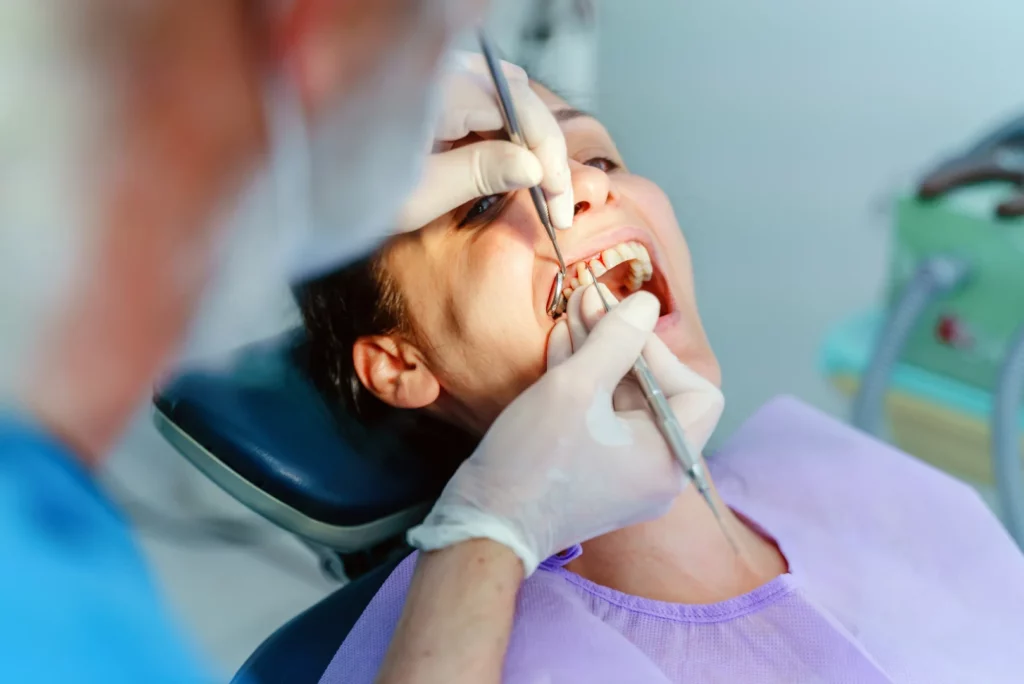
At Solace Implant Center, we assess each patient individually to determine the optimal treatment plan, which may include:
- Exposure and Orthodontic Alignment: Surgical exposure of the impacted tooth, allowing an orthodontist to guide the tooth into proper position. This process involves exposing the impacted tooth to attach an orthodontic bracket, which helps in repositioning the tooth over time.
- Extraction: Removal of impacted teeth that cannot be repositioned or pose risks to oral health, ensuring preservation of surrounding dental structures. Surgical procedures interact with the alveolar bone during extractions to facilitate tooth removal while preserving the surrounding structures. Proper care of the extraction site is crucial to ensure healing and prevent complications. The role of soft tissue in surgical procedures is also significant, as it ensures good visibility and access during the extraction process. Having the right tools is essential for routine extraction procedures.
Role of Oral and Maxillofacial Surgery
Oral and maxillofacial surgery plays a crucial role in the treatment of impacted canines. Oral surgeons specialize in surgical procedures, including tooth extraction, surgical exposure, and bone grafting, to address impacted canines. In some cases, dental implants may be necessary to replace missing teeth. Oral surgeons work closely with orthodontists and other dental specialists to ensure comprehensive treatment and optimal results. For instance, an oral surgeon may perform a surgical procedure to expose the impacted tooth, followed by orthodontic treatment to guide the tooth into its proper position.
Sedation and Anesthesia
Sedation and anesthesia are essential components of impacted canine treatment, ensuring patient comfort and relaxation during procedures. Local anesthesia is commonly used to numb the affected area, while IV sedation may be recommended for more complex procedures or anxious patients. Oral surgeons and dental specialists work together to determine the best sedation and anesthesia options for each patient, ensuring a safe and comfortable experience. For example, a patient undergoing a surgical procedure to extract an impacted tooth may receive local anesthesia and IV sedation to minimize discomfort and anxiety.
Why Choose Solace Implant Center for Oral Surgery?
When addressing impacted canines in Nashville, choosing Solace Implant Center and Oral Surgery means receiving:
- Experienced, board-certified oral surgeon
- Personalized treatment plans and advanced imaging technology
- Comfortable procedures facilitated by sedation dentistry when necessary
- Comprehensive care coordination with orthodontists and general dentists for optimal outcomes
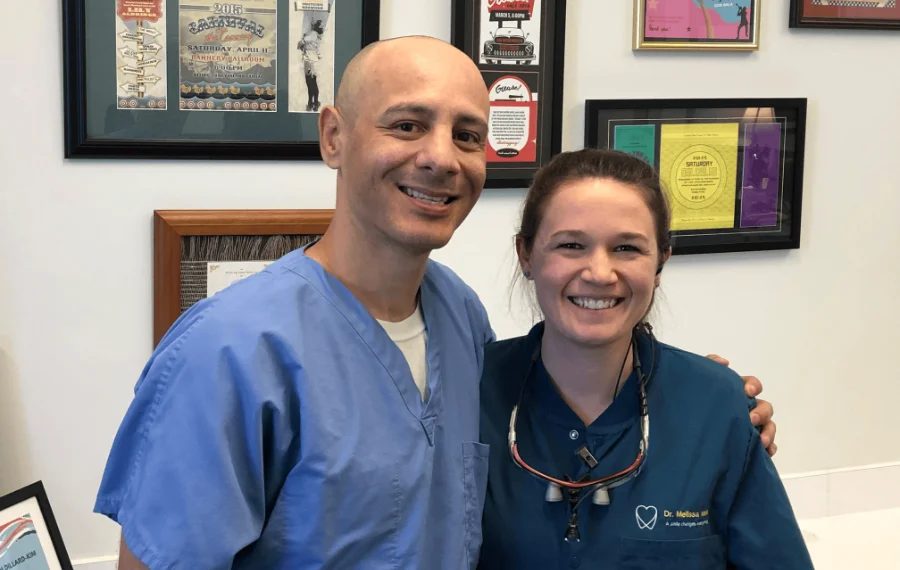
Take Action for a Healthier Smile
Don’t let impacted canines compromise your oral health. Untreated impacted canines can lead to dental pain and other complications. Schedule your consultation at Solace Implant Center and Oral Surgery in Nashville. Discussing treatment options with a dental professional is crucial to ensure the best outcome. Let our experts help you achieve a healthier, more functional smile through safe and effective treatment.
Solace Implant Center and Oral Surgery
Your Premier Provider of Impacted Canine Treatment in Nashville, TN
